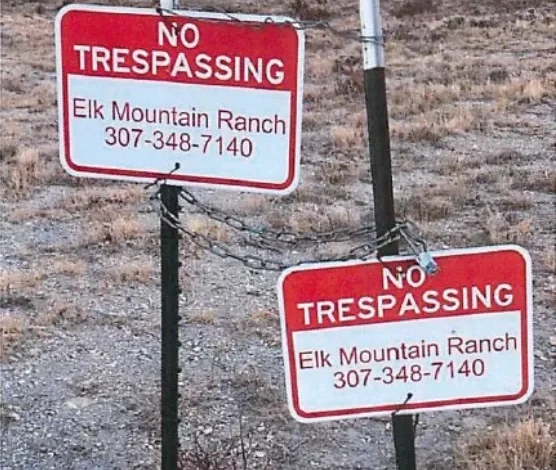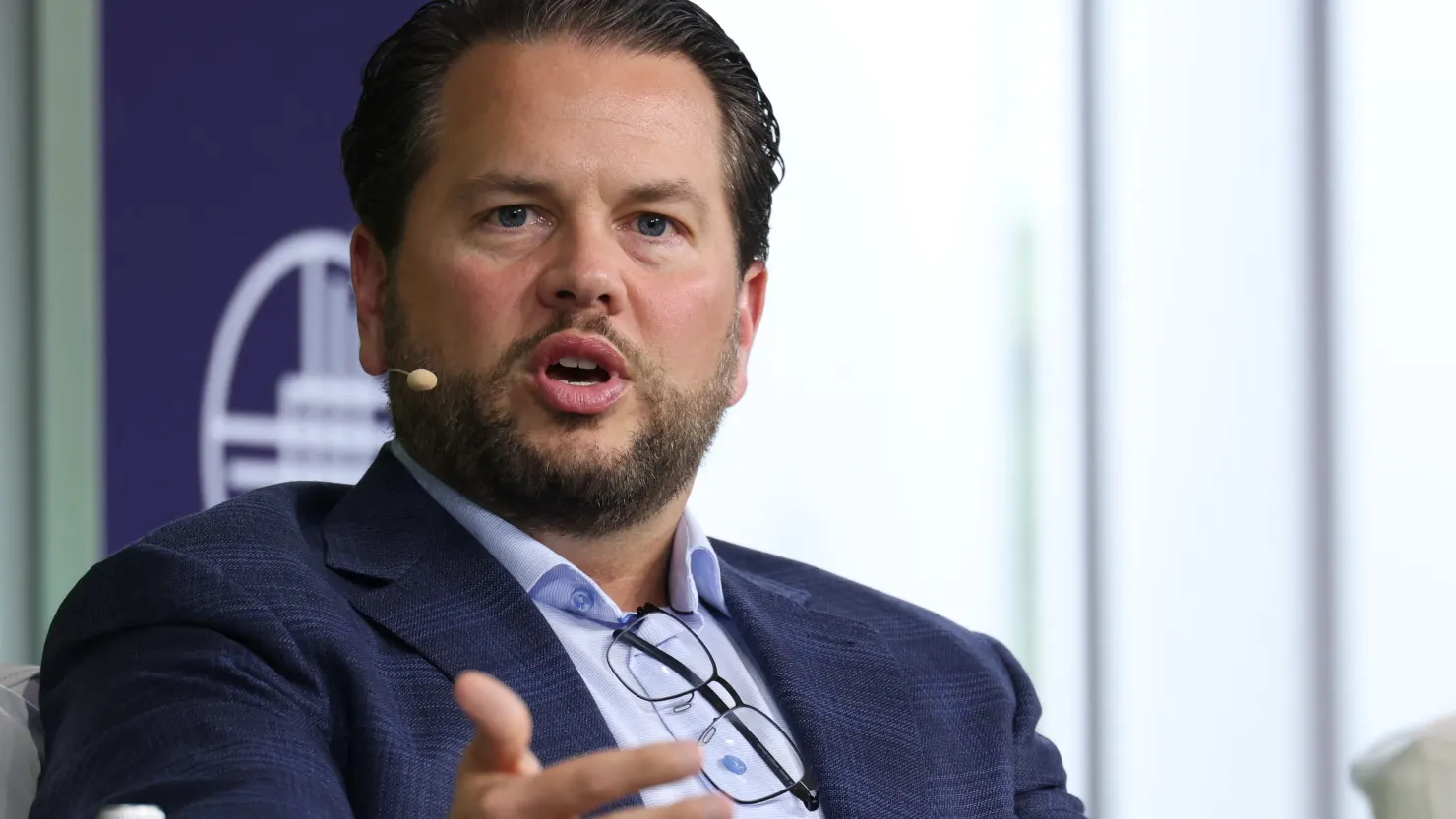Wyoming Ranch Billionaire Wants Supreme Court to Block Public Land Access in Corner-Crossing Case

A wealthy Wyoming ranch owner isn’t giving up his fight to keep hunters—and the public—off isolated pockets of public land. Now, he’s taking the battle all the way to the US Supreme Court.
Fred Eshelman, a North Carolina pharmaceutical mogul who owns 22,000 acres on Elk Mountain, filed a petition last week asking the nation’s highest court to overturn a federal appeals court ruling that sided with hunters who used a stepladder to “corner cross” from one square of public land to another—without ever touching Eshelman’s private property.
“This case presents questions of profound legal and practical significance,” reads the 45-page request from Eshelman’s legal team at a Denver-based law firm.
Corner crossing refers to moving between two pieces of public land that meet at a corner—like on a checkerboard—without setting foot on private land. In the West, millions of acres are “landlocked” this way, due to the historic checkerboard layout of federal and private parcels that dates back to 19th-century land deals.
Hunters, hikers, and public land advocates say corner crossing is a legal and necessary way to reach land we all technically own. Ranchers like Eshelman say it’s a violation of private property rights, even if boots never touch their land.
The case started back in 2022, when Eshelman sued a group of hunters who used a ladder to cross between public parcels on his Elk Mountain Ranch, which also surrounds about 11,000 acres of federal land in the Medicine Bow National Forest.
A Carbon County jury sided with the hunters in 2021. So did a Wyoming district judge in 2023. Then, in March, the 10th Circuit Court of Appeals in Denver made it official: the hunters did not trespass.
Eshelman’s new Supreme Court petition argues that the 10th Circuit ruling has “upended decades of consensus” around property rights and claims the decision essentially hands out unconstitutional easements across private land without compensating landowners. He says it strips away one of property ownership’s most sacred rights: the right to exclude.
The petition also warns that the ruling has created “confusion” among ranchers, landowners, and outdoor recreationists—though for many public land advocates, the ruling provided long-overdue clarity on access.
Eshelman also claims that allowing corner crossing devalued his ranch by $7.75 million—a figure public access advocates have challenged as overblown.
This isn’t just about a handful of hunters or one wealthy landowner. The outcome could affect access to millions of acres of public land throughout the West—land that’s been fenced off or legally inaccessible for generations.
For decades, outdoor users have been stuck in legal limbo, unsure if they could step over a corner without risking a trespass charge. If the Supreme Court decides to take the case—and sides with Eshelman—it could lock those public lands out for good.
If they don’t? The door stays open for millions of Americans to finally reach public lands they’ve had the right to use all along.
The Supreme Court hasn’t yet said if it’ll hear the case. Stay tuned.
The original story by Jason Blevins for the Colorado Sun.









The latest news in your social feeds
Subscribe to our social media platforms to stay tuned